Celebrity makeup artist, Nathan Johnson (@nathanwalnut), is QC Makeup Academy’s Executive Makeup Artist and is based in New York City. Today, Nathan gives his advice on understanding skin types so you can find products that suit every client!
Many makeup artists neglect skincare. Yes, you’re often hired to just do someone’s makeup for a particular day, but it’s your job to make your clients look and feel radiant—and that starts with the skin! For a perfect look that lasts all day, the makeup you use should suit your client’s skin type. Knowledge of skincare also comes in handy when speaking with clients— you can bet your makeup clients will always be asking you for skincare tips and recommendations. So be prepared!
If you don’t really understand skin types and conditions, you can’t make any accurate recommendations. When you can recognize and work with each individual skin type, your clients will recognize that you’re not the average makeup artist. Today we’ll address skin types and conditions, and in a future article, well will discuss some killer products and brands that work well with each one!
Skin Types and How to Recognize Them
Normal skin
Normal skin is often called “well-balanced”. There is generally an even balance of sebum (a natural lubricator produced by the body to keep the skin and hair smooth, supple, and shiny), all over your face. The skin is not too oily or too dry, and the pores are fine and evenly distributed. The skin has a soft, smooth texture, a fresh color, and no consistent blemishes or sensitivities.
Dry skin
Those with dry skin produce less sebum than those with normal skin. Dry skin isn’t just limited to your face—it can be present all over the body, including the hands, scalp, and legs. Those with this skin type tend to soak up moisturizers immediately. Dry skin can fall anywhere in the range of mild (which feels tights and itchy) to severe (which can be rough, flakey, and dull). Dry skin is a result of the skin’s inability to retain its natural moisture. This can happen from a variety of causes, including…
- TEWL (trans-epidermal water loss. A person with an impaired epidermis barrier layer will lose moisture)
- Lack of ceramides and fatty acids that keep the barrier layer of the skin healthy
- Natural aging
- Other internal and external factors (poor diet, overexposure to the sun, medical conditions, etc.)
The calling cards of dry skin? A lack of pores, fine lines and wrinkles, plus varying degrees of dullness, brittleness, tightness, and flakiness.
Oily skin
Oily skin has more sebum than normal skin. You can recognize oily skin by the presence of enlarged and more noticeable pores. You’ll often see shiny areas over the skin and comedones (blackheads and whiteheads). Oily skin is usually a result of hormones and genetics. A proper routine can even out the oil production, but that will not change your skin type.
Combination Skin
Combination Dry
Those with this skin type experience dry skin in some areas and normal skin in others. This is a result of natural variations in sebum production across the face. Areas with less oil production tend to be across the cheeks, while the mask of the face (or the T-zone area) remains normal. Clients will likely have no visible pores on their cheeks or other areas of the face, which will cause it to feel dry and itchy. The normal areas of the face will often have fine pores and be well-balanced.
Combination Oily
On clients with this skin type, you will notice some areas that are normal and some areas that are oily. As with combination dry skin, this is the result of natural variances in oil production across the face. The oil glands in the T-zone area tend to produce more sebum, making that area oily. Meanwhile, the cheeks produce less oil, so that area is classified as normal. Clients with this skin type will notice enlarged pores in their T-zone and finer pores across their cheeks. The skin on the T-zone will feel slick or oily, whereas the skin on the cheeks will feel soft and well-balanced.
Acneic skin
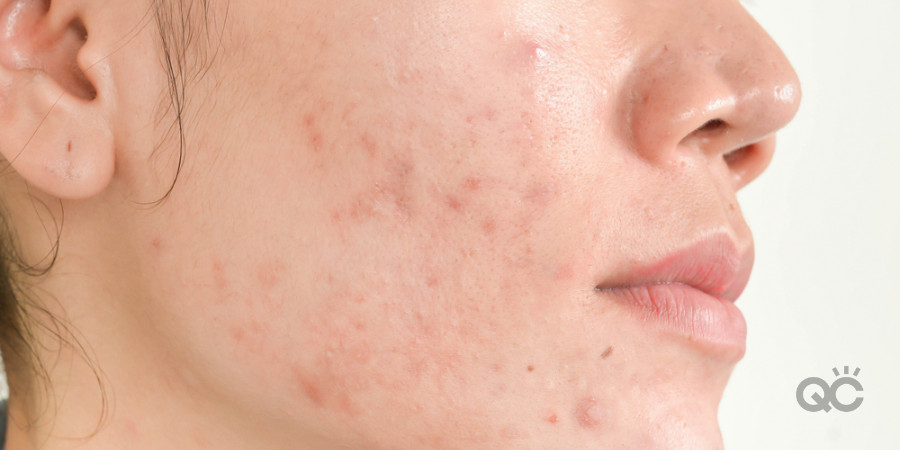
Mild acne is characterized by comedones appearing on the face and as well as the neck, shoulders, back, and chest. Severe acne is characterized by breakouts covering the face and body. In these cases, and those of cystic acne, scarring can be a common side effect without proper care. A few simple questions will help you determine if a client is acneic.
Firstly, ask if your client’s breakouts continued after puberty. Secondly, ask them if the breakouts were also on her chest, neck, and back. If the answer is yes, she’s likely acneic and her skin requires gentle care with non-comedogenic ingredients (specially formulated so as not to block pores).
Sensitive skin
True sensitive skin is part of your DNA. It often manifests with persistent redness, flushing, pustules and papules, and overall sensitivity. This skin type can be determined by a medical diagnosis.
How to tell if a person has sensitive skin:
- Does she have doctor-diagnosed rosacea or psoriasis? If so, she has sensitive skin.
- Does she have two of the following three doctor-diagnosed conditions: asthma, eczema, or hay fever? If so, she has sensitive skin.
If she doesn’t have a combination of these conditions, or some other auto-immune related medical condition that affects her skin, her skin is sensitized, not sensitive.
Skin Conditions
Skin conditions are commonly confused with skin types. While there are a whole host of skin conditions, I would like to touch on the two most common and often most misunderstood: sensitized skin and dehydration.
Sensitized skin
Sensitized skin is often confused or lumped together with sensitive skin. This is an oversight as the two are very different. Sensitive skin is your skin type and is genetic. Sensitized skin, on the other hand, is a result of your habits, your environment, and other internal and external factors that are under your control.
There are thousands of reasons people may develop sensitized skin. But the most common include pollution, poor diet, alcohol consumption, improper or overuse of certain topical products, harsh cleansing, cigarette smoking, harsh weather conditions, chlorine, etc. In order to improve sensitized skin, the trigger has to be determined and eliminated. This can be as simple as…
- eliminating a skincare product with an ingredient that doesn’t agree with you
- properly cleaning and moisturizing the skin after swimming
- wearing SPF
- using silicone-based products to allow the skin’s barrier layer to heal
- quitting smoking
- drinking more water, and so on.
Dehydrated skin
Just like sensitive/sensitized, dry skin is often lumped in with dehydrated skin. When someone’s skin feels dry, they naturally assume their skin type is dry or combination-dry. But very often, the skin just needs more water. Remember, dry skin is categorized by a lack of oil. Dehydration, on the other hand, is a lack of water.
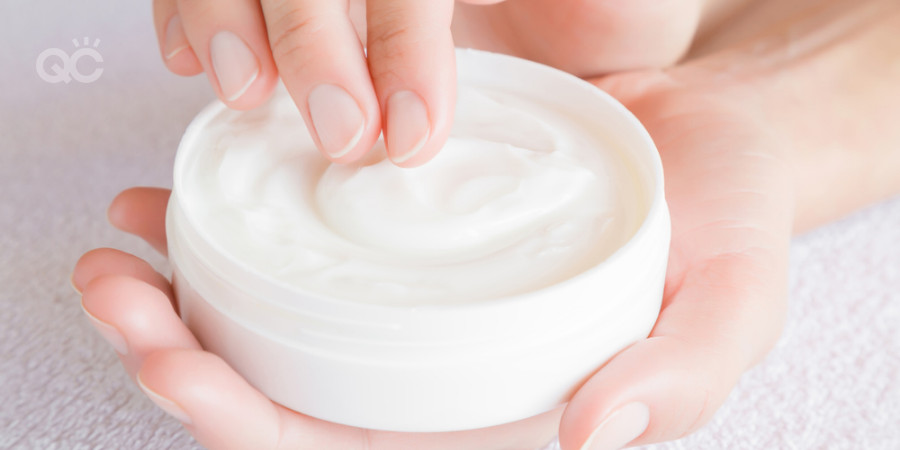
This can happen from a multitude of causes including weather, heaters, makeup, poor diet, and incorrect use of skincare products. Here is the sneaky bit: when the skin is dehydrated, it often produces more oil to compensate for the lack of water. This can result in more breakouts, flaky patches, and even irritation. It also results in people thinking their skin is dry and oily…so people often miscategorize their own skin as combination. Once your client identifies the underlying reason for their skin condition, she can then take steps to fix it! Over time, the skin will become “re-hydrated” and will stop the over-production of sebum, too.
The skin is our largest organ. It’s also the last to receive vitamins, nutrients, and water from the body. Even if someone drinks tons of water, their skin may not get as much as it needs. It is important to hydrate topically to ensure the hydration of their skin.
It is important to understand the differences between skin types (which are programmed by DNA) and skin conditions (which are the results of our lifestyle). Next up, we highlight some amazing brands and products that benefit each skin type and condition!
Did we miss something worth mentioning? Let us know!
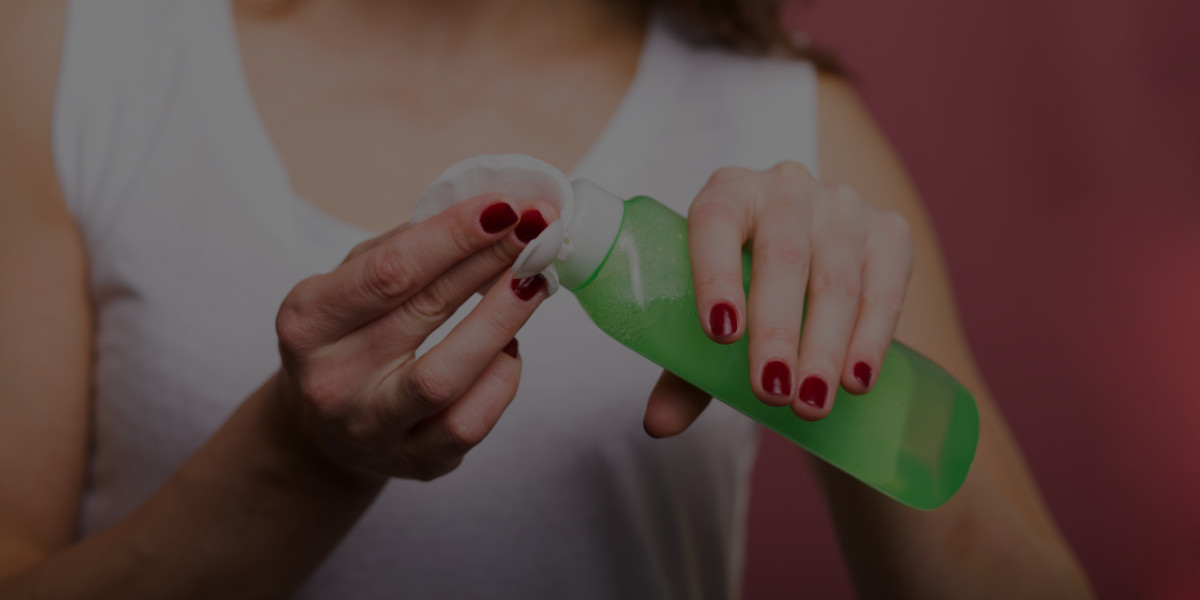
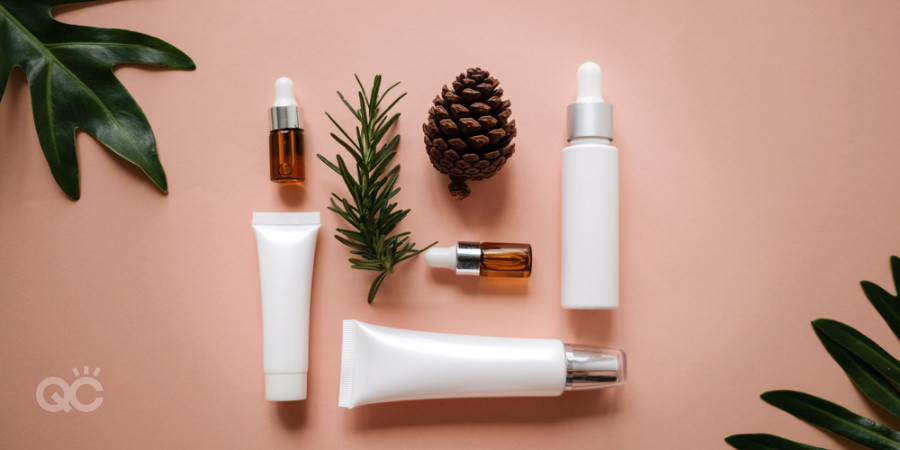
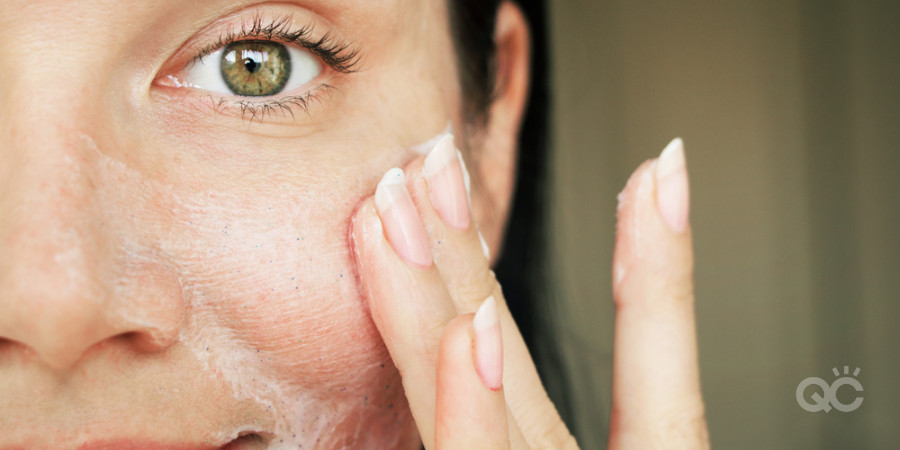
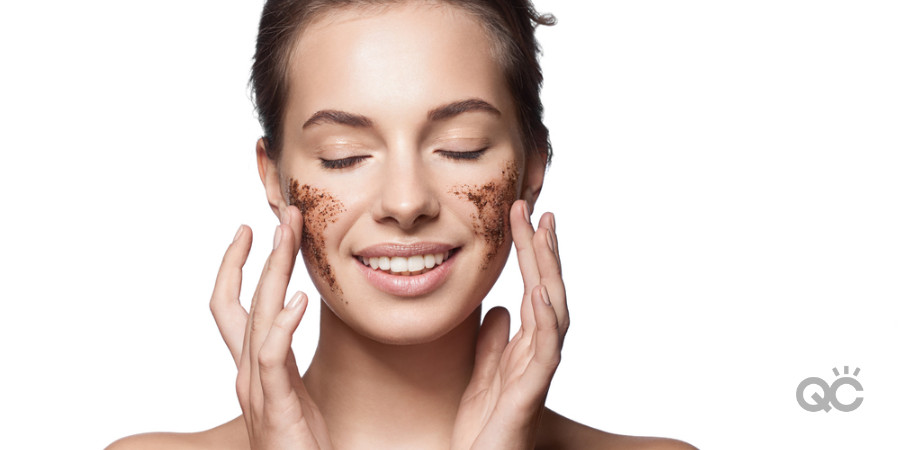
Love!!
Merry Christmas
I love the master makeup artistry program! I think it’s great for those wanting to begin a makeup career.
Would love to sign up with the academy! I love makeup!
Love the tips and pop quiz or the looks you guys put out inspiring and amazing…
Love reading the blog, very informative.
I definitely learned something new, thanks so much!
I love Make Up it makes me feel so good
To wear Make Up I’m happy with my
Results Beautiful Make overs the public
Loves the make up I wear.
I love Sephoras Make Up Stores
Lenox and Alpharetta stores are my
Favorite locations the store associates
Are so helpful and knowledgeable.
Woot. Merry Christmas!
So much helpful information!!
Merry Christmas and a Happy and safe new year.
Thank you for the opportunity to win such a fantastic prize.
I have oily skin so it’s difficult to find makeup just right for me. Thank you for the information!
Absolutely love studying through QC. I didn’t even imagine being able to learn the things I Am about makeup and skin care. Thank you
I love QC Makeup Academy! Thank you all so much for helping me acheive my goals as a makeup artist!
Thank you for giving the difference between sensitive and sensitized skin. I didn’t know that
Hello u are the best of all which I have searched till now on social media giving 5 stars above to ur ways and services
U ar awsome ur excellent u worth 5 +++ stars
I want to join u will join u soon
I love this program/school to become a makeup artist!!
Y’all are amazing and im loving the giveaway…
Great post very informative on the different skin types & conditions
Hi! Your blog helps me a lot in my makeup career. I also want to enhance my makeup skills and hoping I could join enjoy the academy. Merry Christmas and God bless
Great information Merry Christmas
Great info on skin types
I love QC and everything I’ve learned from it so far. I’m happy I chose this school for myself
Just signed up for the course a few days ago! Waiting for my kit to be delivered now! I’m so excited to start!
My skin isn’t fully ready. I have acne, dry and oily all In one.